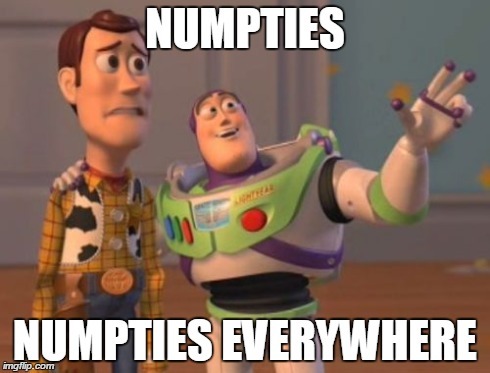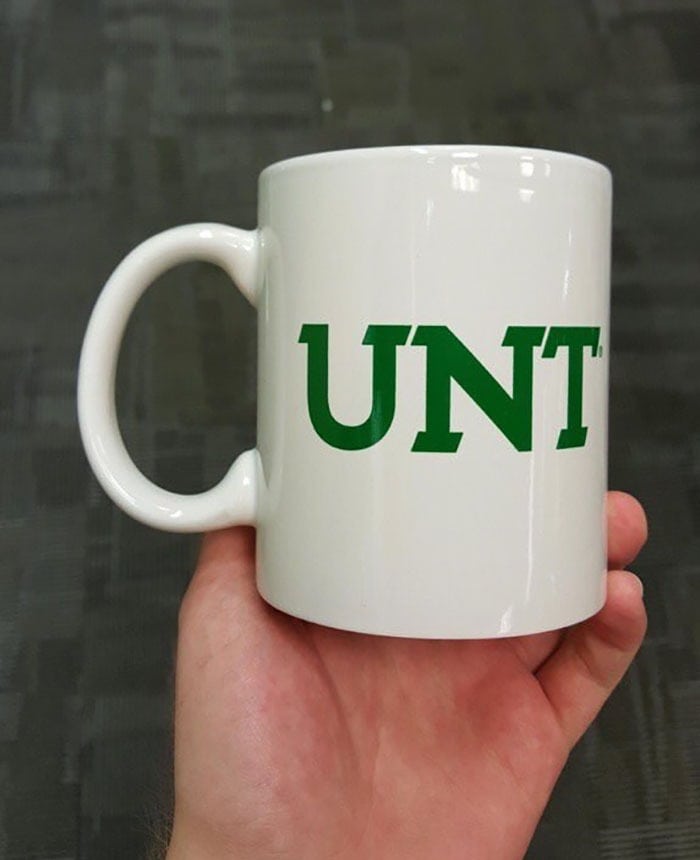Swear words are known to have been around for centuries, and the English language is no exception. The oldest swear words in English date back to the 14th century and are still used, albeit in much less vulgar forms. Of course, many of these words have changed their meaning over the years, but their original intent remains.
From the words “dick” to “fart,” the seven oldest swear words in English are a testament to how language has evolved over the centuries.
Whether you’re looking to expand your vocabulary or want to know the origins of some of the most commonly used profanity, learning about these seven oldest swear words can be an exciting and informative journey.
7. Dick
Year First Recorded: 1891
Pronunciation: /dɪk/
Origin: English (British army slang)

The origin of the word “dick” as a vulgar slang term for male genitalia is believed to be from the British, but it is also likely derived from earlier slang terms like “dickhead” or “dickens.” It is a vulgar slang word considered offensive by some and is typically used to refer to a man’s penis or as a general insult.
In some cultures and societies, using vulgar language and swear words, including “dick,” is more accepted and widespread, while in others, it is considered taboo and discouraged. The use of swear words, including “dick,” is also influenced by various factors such as age, gender, social class, and cultural background.
Did You Know?
The word “dick” is also used in several idioms and expressions, such as “to give someone the dick” (to reject someone), “to act like a dick” (to behave unpleasantly or arrogantly), and “to be a total dick” (to be highly unpleasant or unkind).
6. Numpty
Year First Recorded: 1794
Pronunciation: nʌmptɪ
Origin: Scottish

The word “numpty” is a slang term that is primarily used in Scotland and Northern England. It means a foolish or incompetent person, often used to describe someone who has made a silly mistake or acted cluelessly.
The word is often used in informal or playful contexts and is not generally considered a solid or offensive swear word. However, like all slang terms, their usage can vary depending on the speaker, the audience, and the specific situation.
Did You Know?
The word has become a popular insult used in online forums and social media, where it is often used to criticize or mock people who have made mistakes or poor decisions.
5. Whiffle-Whaffle
Year First Recorded: 1500s
Pronunciation: /ˈwifəl/ – /ˈwɑfəl/
Origin: Old English

The word “whiffle-whaffle” is not a commonly used swear word in English, but it can be used to express displeasure or mild irritation. In addition, it is sometimes used to express surprise or disbelief or to waste someone’s time.
The phrase is derived from “whiff,” which means to emit a faint scent or vapor, and “whaffle,” an old English term for making a high-pitched sound. It is unclear when the phrase first appeared, but it seems to have been used in the 15th century in England.
In recent years, “whiffle-whaffle” has gained popularity as a playful way to express annoyance or displeasure. Although “whiffle-whaffle” is not a widely-known swear word, it has been used in some popular movies. For example, in the 2004 movie Mean Girls, Cady Heron says, “whiffle-whaffle!” when she is surprised or frustrated.
The phrase has also been used in other films and television shows, including Superbad (2007), 30 Rock (2007-2013), and The Middle (2009-2018).
Did You Know?
This word is also popular in online gaming communities, often used to express surprise or annoyance.
4. Fuck
Year First Recorded: 1568
Pronunciation: /fək/
Origin: Germanic

The word “fuck” is considered one of the oldest and most commonly used profanity in the English language. However, the earliest recorded use of the word in English dates back to the late 16th century. In its original usage, “fuck” was a slang term for sexual intercourse.
Over time, the word has taken on many meanings and connotations, including an insult, an exclamation of frustration or anger, or a vulgar expression of emphasis.
It remains a controversial word, with many people finding it offensive, while others use it regularly as part of their everyday vocabulary. However, in recent years, some individuals and groups have attempted to reclaim the word “fuck” as a form of empowerment, using it as a means of expressing defiance or rejecting societal norms.
This swear word also has many variations and derivatives, including “fucker”, “fucking”, and “motherfucker”, each of which can have slightly different meanings and connotations.
Did You Know?
Despite its controversial status, “fuck” is one of the most widely used swear words in the world, appearing in many different languages and cultures.
3. Pussy
Year First Recorded: 1533
Pronunciation: /ˈpʊsi/
Origin: Latin

The word “pussy” is a term that refers to the vagina, a female reproductive organ. It is a part of the anatomy involved in sexual intercourse and childbirth. When used as a swear word, “pussy” is considered to be a vulgar or obscene term.
In this context, it is often used to express anger, frustration, or surprise. Its usage in this manner is generally considered to be inappropriate in polite or professional settings and can be regarded as offensive to some individuals.
It’s important to note that while the word “pussy” has a clinical definition, it is also a part of the female anatomy that has been subject to societal taboo and shame, particularly in some cultures. There has been a growing movement in recent years to destigmatize and empower women through promoting positive and inclusive discussions about women’s health and anatomy.
Did You Know?
In some cultures, the use of the word “pussy” has been censored or considered taboo, leading to the use of various euphemisms and slang terms, such as “down there,” “lady parts,” and “private parts.”
2. Cunt
Year First Recorded: 1325
Pronunciation: /kʌnt/
Origin: Proto-Germanic

The word “cunt” is considered one of the most offensive slurs in the English language and is used to insult or degrade women. The earliest recorded use of the word in English dates back to the 14th century. In its original usage, “cunt” was a vulgar slang term for female genitalia. Over time, the word has taken on many meanings and connotations, including as an offensive insult directed toward women.
Like many vulgar and offensive slurs, the use of “cunt” remains controversial and is generally considered inappropriate in most social and professional settings. In addition, the word has a long history of censorship and has been banned from many forms of media, including books, movies, and television.
Some individuals and groups have attempted to reclaim the word as a form of empowerment, using it to reject patriarchal norms and assert female sexuality. However, this usage remains highly controversial.
Did You Know?
The word “cunt” has regional variations in spelling and pronunciation, such as “cunte” in Middle English and “quim” in early modern English.
1. Fart
Year First Recorded: 1250
Pronunciation: /fɑːɹt/
Origin: Old English

The word “fart” has been recorded since the 13th century and comes from the Old English word “feortan,” making it the oldest swear word ever recorded. It has been used as a vulgar slang term for flatulence, and its usage has been recorded in various works of literature and poetry throughout history.
The word has also been used in multiple idioms and expressions, such as “to let one rip,” “to cut the cheese,” and “to blow off some steam.”
The word is considered vulgar in many cultures, and its usage is generally regarded as inappropriate in formal or polite settings. In literature, farting has been used as a comic device and referenced in various works, such as Shakespeare’s “Twelfth Night” and Chaucer’s “Canterbury Tales.”
In some cultures, farting has also been associated with various superstitions and beliefs, such as the belief that it can ward off evil spirits or bring good luck.
Did You Know?
In medieval times, farting was considered medicinal properties, and it was used to treat various ailments, such as headaches, constipation, and digestive problems.










